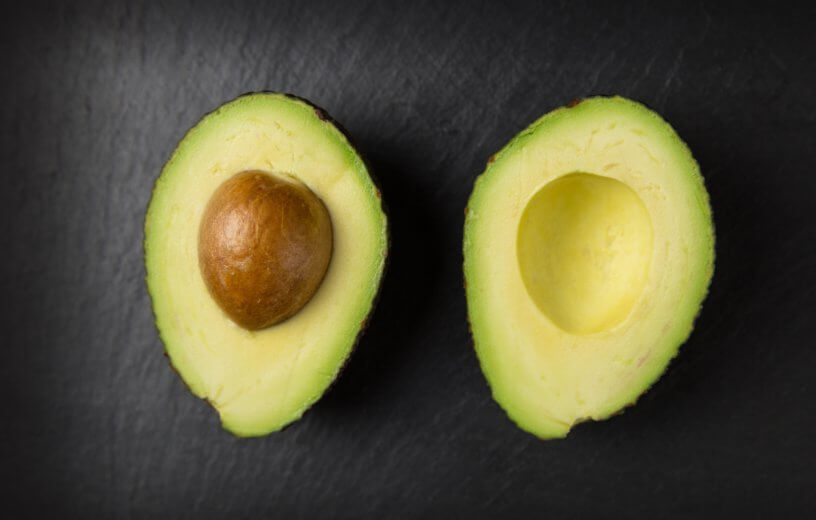DAVIS, Calif. — Avocados are widely considered a “superfood” by many healthy eaters. The oil from this nutritious fruit also tends to fly off store selves, but a new study says most shoppers aren’t getting what they paid for. Some avocado fans say they aren’t even buying the oil at all.
Researchers from the University of California, Davis say their investigation of commercially sold avocado oils shows that at least 82 percent of their samples were stale or watered down with cheaper oils. The food science experts add that three of the products tested actually contained nearly 100 percent soybean oil — despite claiming they were “pure” or “extra virgin” avocado oil.
“Most people who buy avocado oil are interested in the health benefits, as well as the mild, fresh flavor, and are willing to pay more for the product,” says study author Selina Wang in a statement. “But because there are no standards to determine if an avocado oil is of the quality and purity advertised, no one is regulating false or misleading labels.”
Rancid discovery
Wang and Ph.D. candidate Hilary Green examined 22 domestic and imported avocado oil samples for sale in local and online stores. Along with various chemical tests, those store brands were measured against “freshly squeezed” avocados as well.
“We also bought avocados and extracted our own oil in the lab, so we would know, chemically, what pure avocado oil looks like,” explains Wang.
The study finds 15 of the samples were oxidized before reaching their expiration dates. When oils become rancid like this, they lose both their flavor and health benefits. This usually happens over time or when oils are exposed to too much light, heat, or air. Researchers say shoppers can tell oil is stale if smells like play dough.
Six of the samples being advertised as avocado oil were found to have large amounts of sunflower, safflower, or soybean oil mixed in.
No quality control for avocado oil
The study, published in the journal Food Control, argues that several foods including avocado oil are not properly regulated by the U.S. Food and Drug Administration.
Many products are given “standards of identity” by the FDA to protect consumers from being misled and buying incorrectly labeled or fraudulent goods. Hundreds of items like whiskey and chocolate have been regulated, but many common products like coffee and honey have not.
Researchers warn that not enforcing standards on pricy items like avocado oil could motivate companies to keep selling cheaper and mislabeled goods.
Oil overseer
This isn’t the first time Wang has uncovered mislabeled products in the oil industry. Ten years ago, the UC-Davis researcher revealed that most of the extra virgin olive oil sold in the United States was actually a much lower quality.
“Consumers seeking the health benefits of avocado oil deserve to get what they think they are buying,” Wang says.
How to tell if your avocado oil is real
The study did find two brands that were both pure and not stale. Chosen Foods and Marianne’s Avocado Oil are both advertised as refined oils made in Mexico. Refined oil is processed using heat or chemicals to remove flaws in the product. Refined avocado oil is usually light yellow and almost clear in appearance.
Virgin oil is extracted straight from fresh fruit through mechanical means. Authentic, virgin avocado oil should be green in color and tastes grassy, buttery, and slightly like mushrooms.
The study named CalPure brand, produced in California, as the freshest among the virgin oil samples.
Like studies? Follow us on Facebook!
